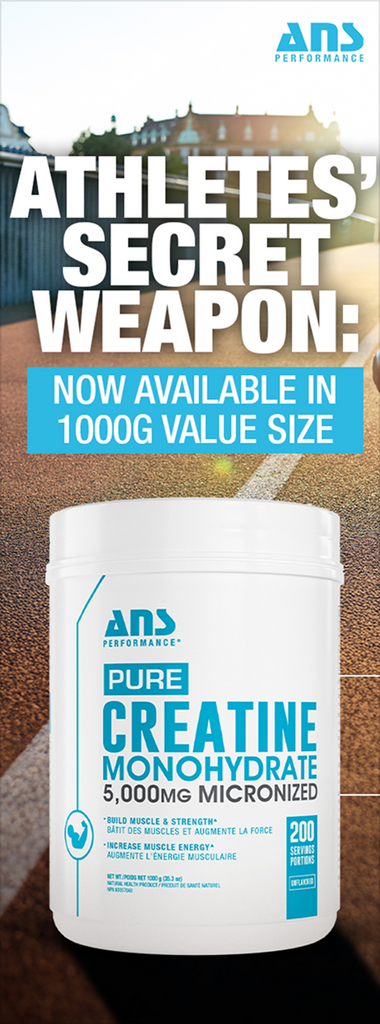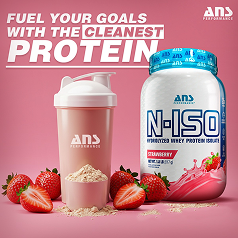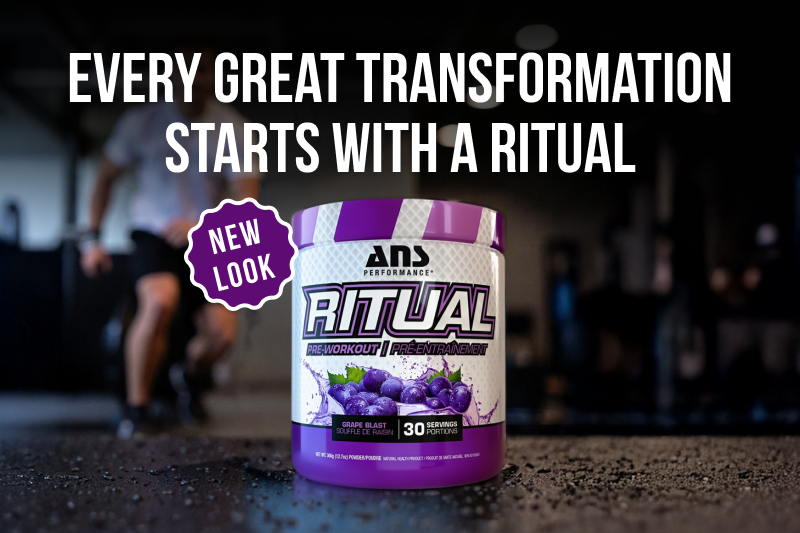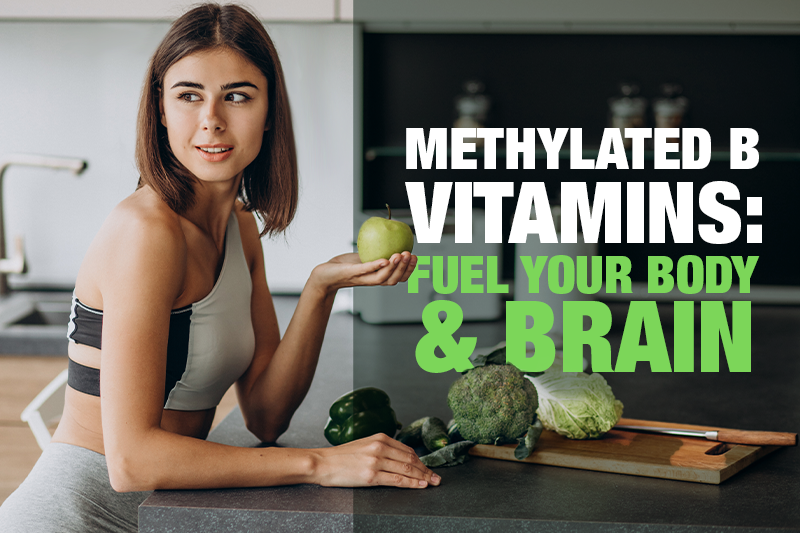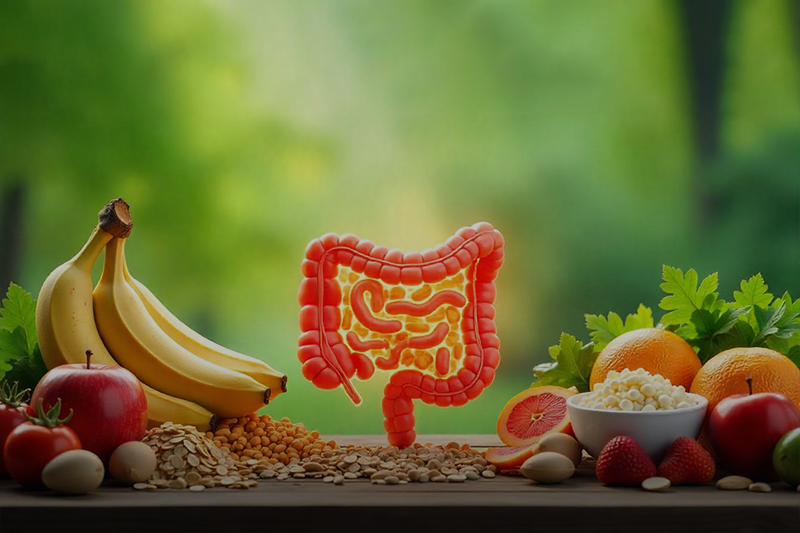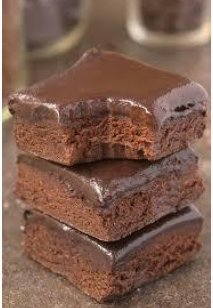

If you follow us on Instagram, you’ve probably seen us repost mouth-watering recipes using N-Pro lean protein supplement. The macro-friendly treats are a great way to fight cravings and let you feel like you’re indulging when really, you’re not.
When we saw team ANS Performance member Mel Chanthaseng post her amazing Peanut Butter Protein Brownies we had to share them. Some of you requested the recipe….so we delivered!
PEANUT BUTTER PROTEIN BROWNIES WITH N-PRO
Ingredients:
- 2 Scoops N-Pro Chocolate Protein
- 1 can black beans
- ½ cup Krista Chocolate Chip
- 8 tsp Peanut Butter
- ½ Cup ground flax seed
- 2 tsp Baking Soda
- 2 Packs Truvia
- 1 tsp Vanilla extracts
- 1 Large banana
Directions:
- In a blender mix black beans and banana.
- Pour into a bowl and mix remainder of ingredients.
- Pour 1 tablespoon of mixture into individual baking tins (pre-spray with Pam).
- Bake at 350 degrees for 20-25 minutes or until brownies are light brown on top.
Chocolate Drizzle Instructions:
- 2 tablespoons of cocoa powder
- 1 tablespoon of Truvia
- Gradually add water – mix to consistency.
If you decide to bake these, make sure you tag us in your photos. If you have any questions about Mel’s Peanut Butter Protein Brownies get in touch with her through her Facebook page or Instagram.
Want your N-Pro recipe featured on our blog? Tag us in your photos!


